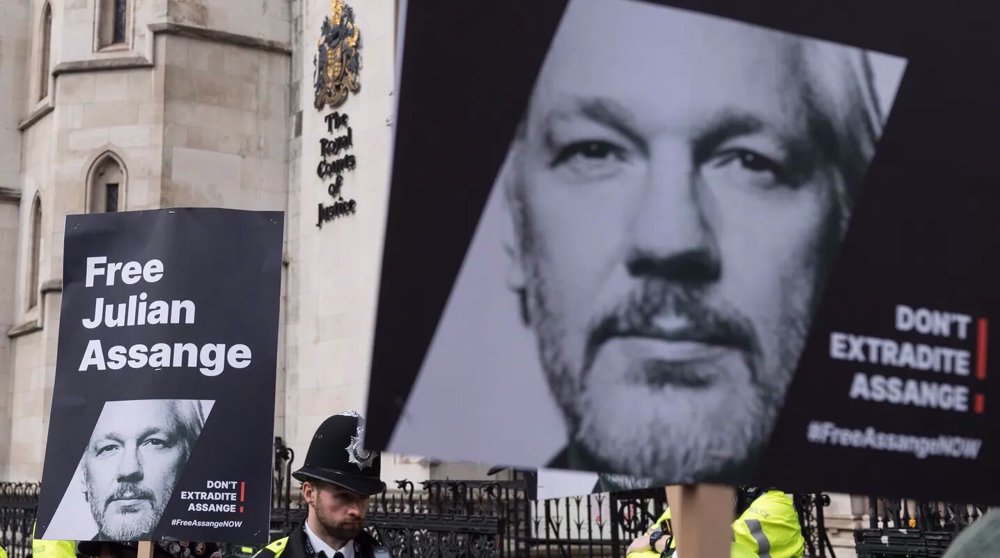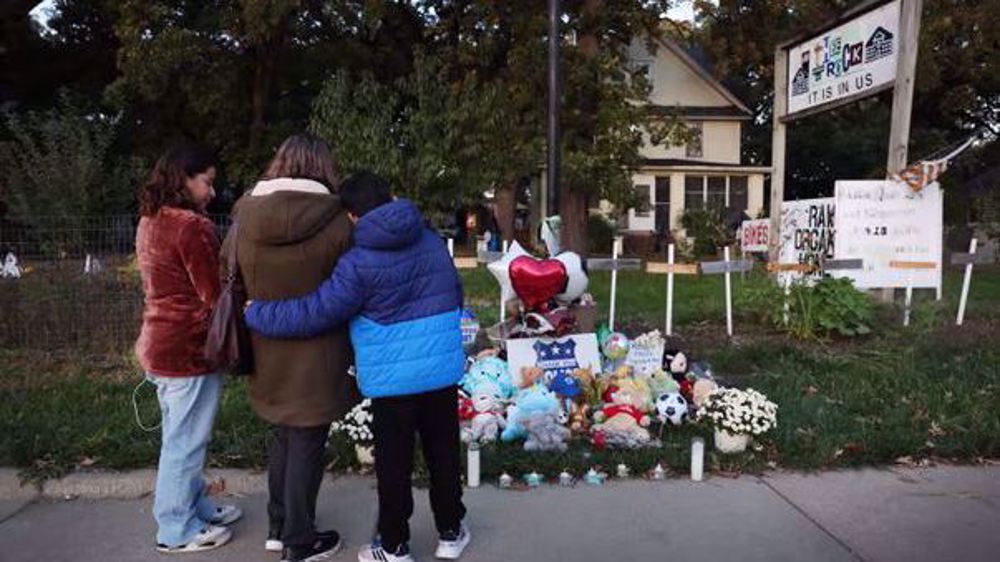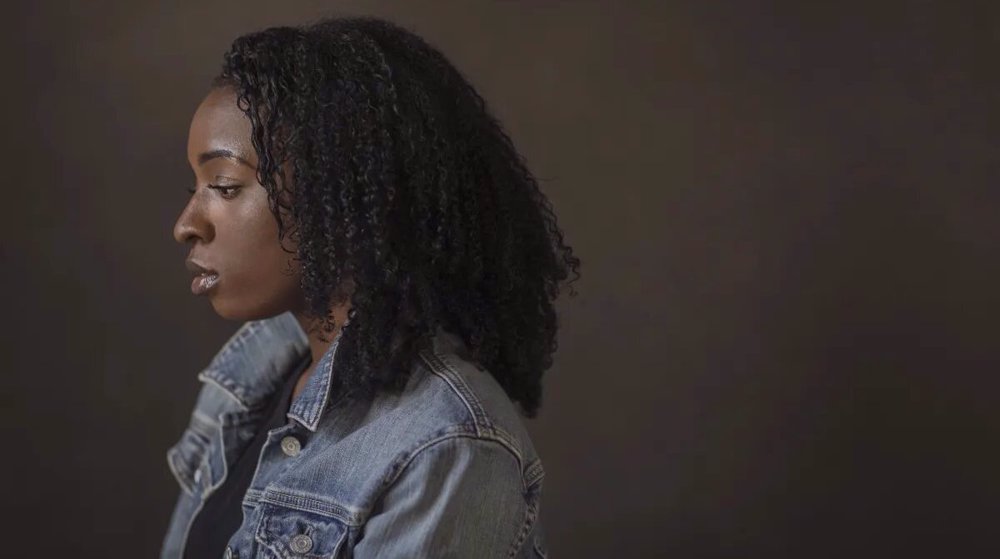Trump under fire over new travel ban proclamation
US President Donald Trump is coming under rights groups’ fire over his controversial travel restrictions, some arguing that the new ban is the same old Muslim ban in disguise.
The notoriously Islamophobiac president still intends to target Muslims by the new ban, activists and legal experts said on Monday.
Trump has on several occasions spoken against Muslims, including a call for a “complete” ban on Muslim immigrants entering the county in his 2016 campaign, but apart from Muslims, he is also unpopular among other minorities such as Hispanics and African Americans.
‘No cure for Trump's original sin’

Based on the latest proclamation signed by the president on Sunday, citizens of Chad, Iran, Libya, North Korea, Somalia, Syria, Venezuela and Yemen will face new restrictions in travelling to the United States.
"This ban is not any better than the previous one," said Zahra Billoo of the Council on American-Islamic Relations (CAIR).
The new proclamation removes Sudan but adds Venezuela and North Korea, which have been engaged in bitter rows with the Trump administration recently.
"The fact that Trump has added North Korea -- with few visitors to the US -- and a few government officials from Venezuela doesn't obfuscate the real fact that the administration's order is still a Muslim ban," said the executive director of the American Civil Liberties Union (ACLU), Anthony Romero. "President Trump's original sin of targeting Muslims cannot be cured by throwing other countries onto his enemies list."
‘Religion, no factor in new ban!’

The Republican president announced the new restrictions as the previous ban, targeting Sudan, Syria, Yemen, Iran, Somalia and Libya, was approaching its 90-day expiry.
The range of restrictions imposed on each state is different, for example, in the case of Venezuela, only certain government officials and their families are affected.
Travelers from North Korea, Chad, Syria, Yemen, and Libya, meanwhile, face full bans.
Iran’s case is a bit different than the full ban, with students and exchange visitors excused.
Read More:
New Somali immigrants will be blocked but visitor visas will be allowed for business, official and personal reasons, yet they subject to tougher vetting.
The Trump administration argues that the ban is necessary to protect America, with officials trying to undermine the religious and racial nature of the restrictions.
"Religion, or the religious origin of individuals or nations, was not a factor," an administration official told the Associated Press. "The inclusion of those countries, Venezuela and North Korea, was about the fact that those governments are simply not compliant with our basic security requirements."

Adding non-Muslim states Chad, North Korea and Venezuela to the list, "does little to undercut the argument that the government is imposing a ban based on religion," said Carl Tobias of the University of Richmond School of Law.
Justin Cox, an attorney at the National Immigration Law Center and one of the lawyers making the arguments against the travel ban at the US Supreme Court earlier, noted that Trump is “basically rewriting the immigration law, entirely."
“If he can indefinitely ban people from these countries, he can indefinitely ban guest workers, he can indefinitely ban Mexicans, do basically whatever he wants," Cox said.
There were reportedly only eight visitors to the United States from North Korea last year.
VIDEO | Press TV's news headlines
VIDEO | London demonstration calls for UK to stop exporting arms to Israel
US secretly pressing countries into nixing Palestinian statehood: Cables
VIDEO | Israel impregnability perished
VIDEO | Top Iran official visits Syria to unite efforts in combating terrorism in region
VIDEO | Palestinians take to streets across West Bank to mark Prisoners Day
Israeli military’s new killing tactic: ‘Drones luring Palestinians to their death’
‘Unsubstantiated’: Iran rejects Argentine court's blaming for AMIA bombing











 This makes it easy to access the Press TV website
This makes it easy to access the Press TV website